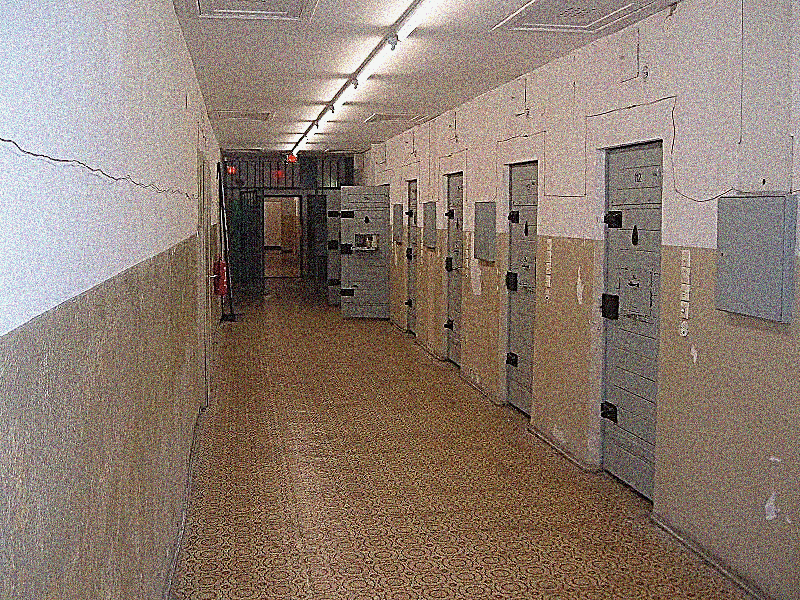The American surveillance state is now an omnipresent reality, but its deep history is little known and its future little grasped. Edward Snowden’s leaked documents reveal that, in a post-9/11 state of war, the National Security Agency (NSA) was able to create a...




